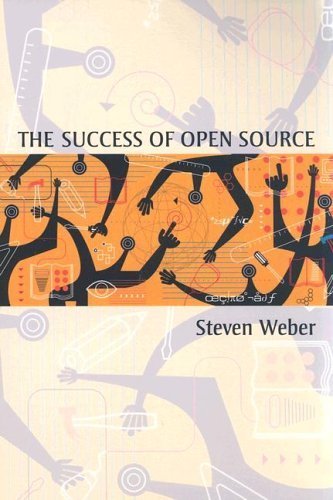What do you think?
Rate this book


Paperback
First published April 30, 2004
Parts of this book are interesting and engaging, and parts are mind-numbingly boring. The author is a professor at Berkeley and his scholarly background shows through strongly. The history of open source software is fascinating, and Weber does an excellent job of walking the reader through its genesis at AT&T Bell Labs to the widespread acceptance found today. His description of open source as "an odd mix of overblown hype and profound innovation" is spot-on, and his comparison of open source to religion was insightful—anyone can read the Holy Bible without a "license" from a Christian sect. The description of the constantly evolving social dynamics of open source is similarly compelling. Where the book drags interminably is during the discussions of the economic and political bases of the movement. Sadly, these last discussions are interspersed through all the interesting parts, making me almost afraid of turning each page for fear of encountering a discourse on tracking "the institutional isomorphism literature by encouraging hierarchical governments to remake their security organizations as networks to interface successfully with their networked adversaries." Well worth your time for the history and underpinnings of open source, but unless you are a political scientist or economist be prepared for a bit of a slog.
This is a book about property and how it underpins the social organization of cooperation and production in a digital era.